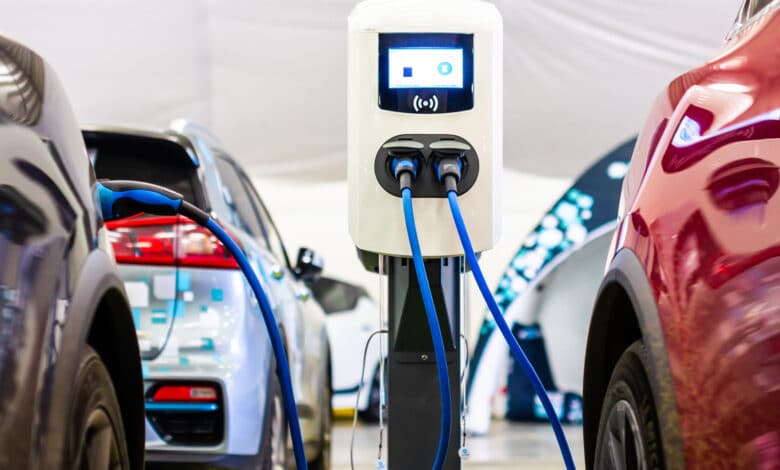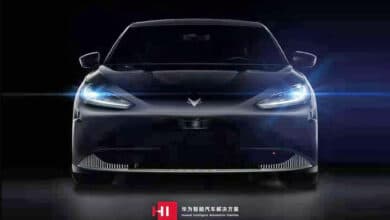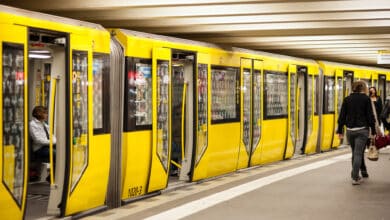
Waiving vehicle tax, innovation bonuses and subsidies for wallboxes are not enough for a conglomerate of well-known German companies. They are demanding that policymakers create more incentives for switching from a combustion engine to a modern electric car. They are referring to company cars used in the commercial environment. In particular, they say, the state must make improvements in the area of taxation.
Calls for electric mobility from IKEA and Aldi among others
A total of 13 companies have joined forces to call for comprehensive reform in the area of company car taxation. They include cab and rental car company Free Now, as well as Swedish furniture retailer IKEA and world-renowned discounter Aldi. Together, they have written a letter to the German government calling for a move away from pure combustion vehicles as well as plug-in hybrids. The focus is not on expanding the payment of innovation bonuses for electrically powered cars. Instead, the tax claim for cars with combustion engines would have to be restricted. Conversely, more funds would have to be made available for electric cars to increase their attractiveness through more depreciation options.
Super write-offs in future also for e-cars?
The participating companies refer in their letter to the so-called “super depreciation”. These have the traffic light government in their jointly negotiated coalition agreement codified. Behind the super depreciations are special regulations for the tax claiming of economic goods that are considered climate-friendly. From now on, IKEA and Co. would also like to see electric cars in the ranks of this category. Although the super write-offs are part of the coalition agreement, there is still no legal framework for them. Accordingly, the government could possibly see the letter as an opportunity to give electric mobility a higher priority in this area as well.
Further grievances in electromobility
According to the companies, however, it is not only the tax framework for electric cars with commercial use that policymakers need to rethink. It is also imperative that the charging infrastructure be expanded by building new charging stations, they say. The Federal Minister of Transport Volker Wissing (FDP) himself recently noted how striking this problem is. So it could become a real brake on the energy transition. Accordingly, he would like to support the municipalities not only financially in the expansion, but also inform them comprehensively.
An example from Berlin shows how this can work. In the German capital, one of the largest housing companies called GEWOBAG has promised its tenants a personal charging station in their parking space. In the view of the companies, politicians would have to turbo-charge the process, especially when it comes to issuing the relevant permits. At the same time, the government would have to ensure that the corresponding subsidies flow more easily. After all, experience shows that financial incentives in particular ensure that many companies change their minds.
Side blow against FDP
As part of their demands, the companies were then also able to refrain from taking a side swipe at the coalition party FDP. For example, the Liberals were able to stop at the last second the EU plan to allow only fully electric or hydrogen-powered cars from 2035. Instead, they were able to have the highly controversial e-fuels included in the list as an exception. We are curious to see whether the open letter from the companies will fall on receptive ears in the ranks of the traffic light government.



